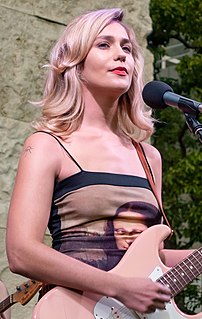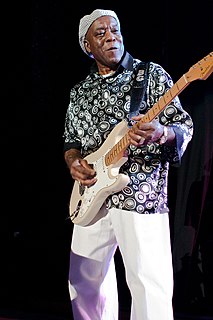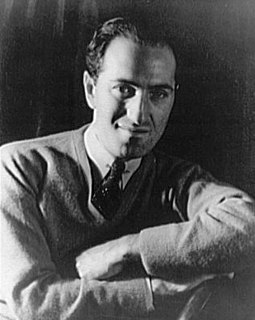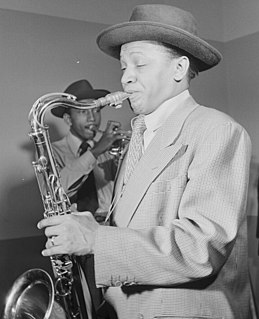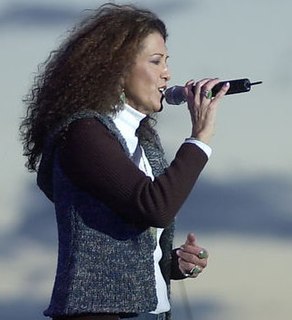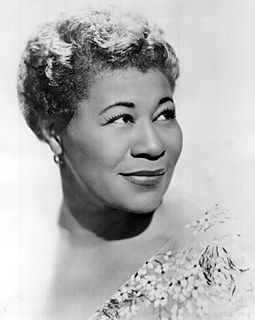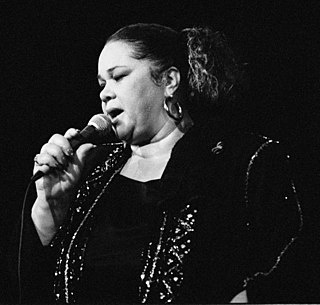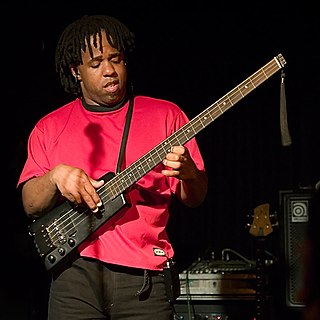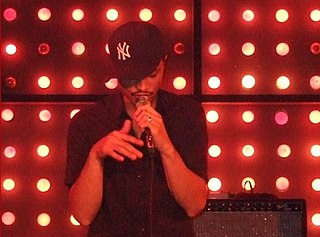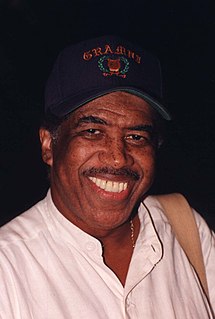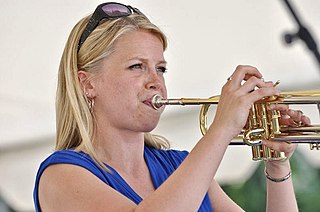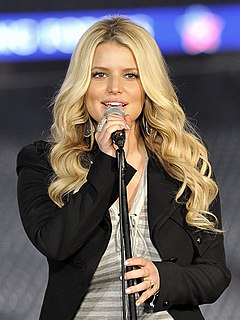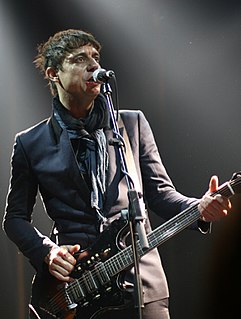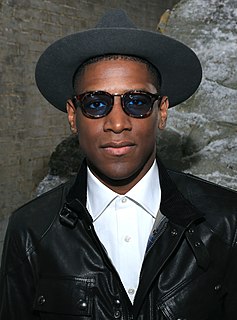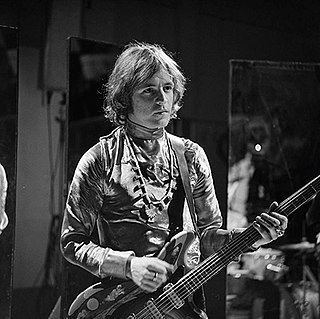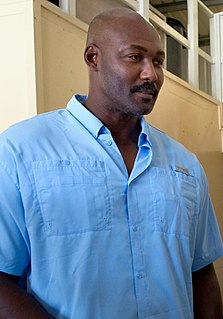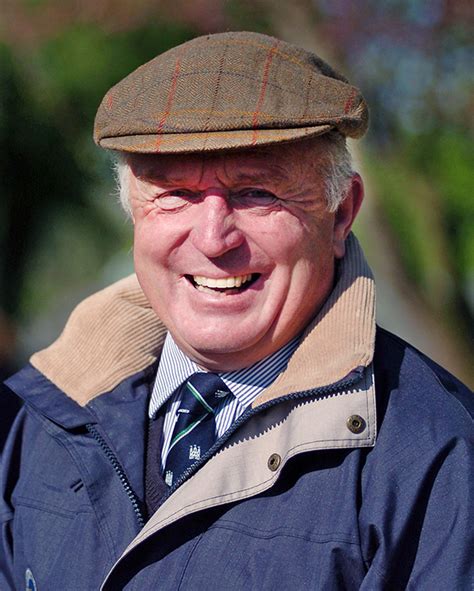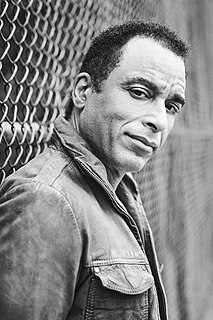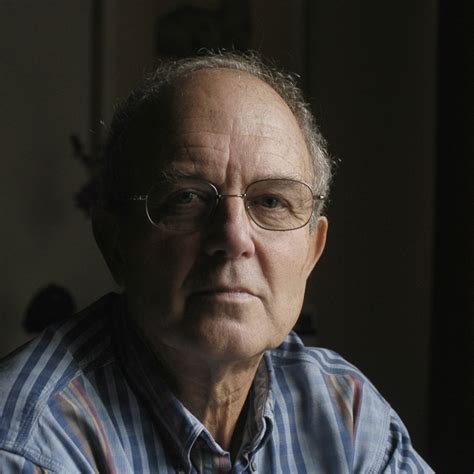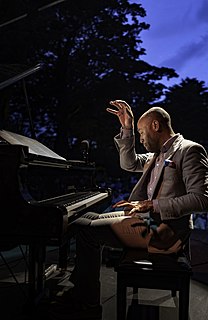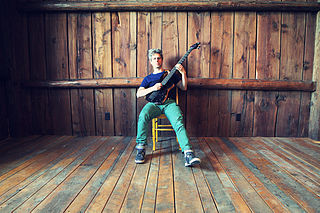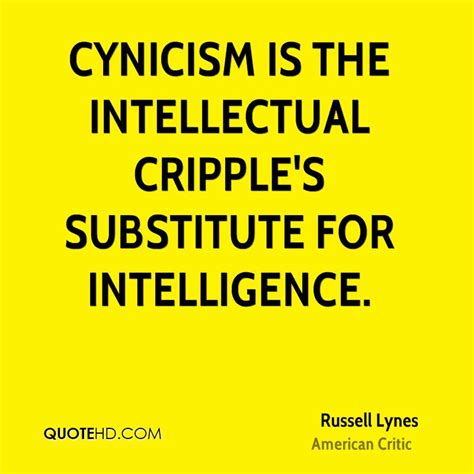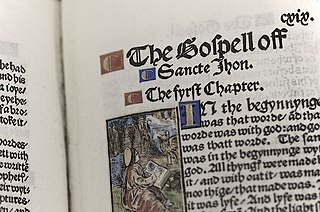Top 1200 Jazz Musician Quotes & Sayings - Page 7
Explore popular Jazz Musician quotes.
Last updated on December 19, 2024.
In New York, I was excited about the music in New York because the only music that I was more or less involved with in the South was either country and western or hillbilly music as we used to call it when I was a kid and, ah, gospel. There was no, there was no in between. And when I got to New York all the other musics that's in the world just came into my head whether it was the classics, jazz, I never knew what jazz was about all, had heard anything about jazz.
At this time the fashion is to bring something to jazz that I reject. They speak of freedom. But one has no right, under pretext of freeing yourself, to be illogical and incoherent by getting rid of structure and simply piling a lot of notes one on top of the other. There's no beat anymore. You can't keep time with your foot. I believe that what is happening to jazz with people like Ornette Coleman, for instance, is bad. There's a new idea that consists in destroying everything and find what's shocking and unexpected; whereas jazz must first of all tell a story that anyone can understand.
I worry more about the marketing that's taken hold since the 70s. The Jazz era, the Swing era, those were huge. Entire decades were named for music. In the 1940s - after World War II - changes in taxation, ballrooms closing, people moving to the suburbs, and the onset of target marketing and the confusion of commerce with art caused some things to happen as a result that have taken us away from jazz and what jazz offers us.
My school music teacher, Al Bennest, introduced me to jazz by playing Louis Armstrong's record of "West End Blues" for me. I found more jazz on the radio, and began looking for records. My paper route money, and later, money I earned working after school in a print shop and a butcher shop went toward buying jazz records. I taught myself the alto saxophone and the drums in order to play in my high school dance band.
I have to admit that more and more lately, the whole idea of jazz as an idiom is one that I've completely rejected. I just don't see it as an idiomatic thing any more...To me, if jazz is anything, it's a process, and maybe a verb, but it's not a thing. It's a form that demands that you bring to it things athat are valuable to you, that are personal to you. That, for me, is a pretty serious distinction that doesn't have anything to do with blues, or swing, or any of these other things that tend to be listed as essentials in order for music to be jazz with a capital J.
Improvisation was the blood and bone of jazz, and in the classic, New Orleans jazz it was collective improvisation in which each performer, seemingly going his own melodic way, played in harmony, dissonance, or counterpoint with the improvisations of his colleagues. Quite unlike ragtime, which was written down in many cases by its composers and could be repeated note for note (if not expression for expression) by others, jazz was a performer's not a composer's art.
